Woke up with a stiff back and suddenly feel grumpy for no reason? You’re not alone. There’s a sneaky connection between your spine and your mood that most people miss. A chiropractor will tell you — it’s not just about back pain or posture; your spine plays a big role in how you feel emotionally.
When your back is out of alignment, it can mess with your nerves, zap your energy, and make you feel off, even if you can’t explain why. The good news? Fixing those misalignments can do more than ease your pain — it can boost your mood and help you feel like yourself again.
How does spinal alignment influence emotional health?
Spinal alignment plays a crucial role in maintaining physical health and emotional well-being. The spine protects the spinal cord, a key part of the central nervous system responsible for transmitting signals between the brain and body.
When the spine is misaligned—due to injury, poor posture, or chronic stress—it can interfere with nerve communication, potentially disrupting how the brain processes emotional responses.
Misalignments may contribute to increased tension, pain, and discomfort, heightening stress levels and negatively affecting mood. Chronic spinal issues often correlate with anxiety, irritability, and even depression because the body is in a persistent state of discomfort or imbalance.
Proper spinal alignment, on the other hand, supports optimal nervous system function, promoting relaxation, reducing pain, and helping regulate stress hormones. This balance allows the mind and body to work together more effectively, fostering emotional resilience and greater well-being.
In this way, spinal and emotional health are intimately connected, influencing the other in powerful ways.
Can chronic back pain alter your brain’s stress response?
Yes, chronic back pain can significantly affect the brain’s stress response. Persistent pain acts as a continuous stressor, activating the body’s stress systems—like the hypothalamic-pituitary-adrenal (HPA) axis—and keeping them heightened. This prolonged activation can change how the brain processes stress and emotions.
Over time, chronic pain may increase the production of stress hormones such as cortisol, which can disrupt mood regulation, sleep, and cognitive function. It can also alter brain regions involved in pain perception and emotional control, making individuals more sensitive to stress and prone to anxiety or depression.
Essentially, ongoing back pain doesn’t just cause physical discomfort—it rewires the brain’s stress pathways, creating a cycle where pain and emotional distress reinforce each other. Addressing chronic back pain through therapies like chiropractic care can help break this cycle by reducing pain and promoting healthier stress responses.
What role does the nervous system play in mood regulation?
Emotions, stress, and environmental responses are all processed by the nervous system, which serves as the communication network between the brain and the rest of the body. The nervous system is an essential component in the regulation of mood. Here’s how it influences mood:
- Signal Transmission: The nervous system transmits electrical and chemical signals that regulate emotional responses. Neurotransmitters like serotonin, dopamine, and norepinephrine are essential for mood balance.
- Brain-Body Connection: It connects the brain with other organs, influencing how physical states (like pain or fatigue) affect emotional well-being.
- Autonomic Nervous System (ANS): The ANS controls involuntary functions like heart rate and digestion, and its two branches—sympathetic (fight or flight) and parasympathetic (rest and digest)—help manage stress and relaxation, directly impacting mood.
- Stress Response: During stress, the nervous system activates the HPA (hypothalamic-pituitary-adrenal) axis, releasing cortisol and other hormones that can affect mood and energy levels.
- Neuroplasticity: The nervous system’s ability to adapt and rewire allows mood to change over time, influenced by experiences, therapy, or medications.
- Pain and Mood Link: Since the nervous system processes pain signals, chronic pain can disrupt mood regulation by keeping stress systems activated.
For the purpose of preserving emotional equilibrium and resiliency in day-to-day living, a neurological system that is in good working order is absolutely necessary.
Why do some patients experience mood shifts after chiropractic adjustments?
Mood shifts following chiropractic adjustments are common and can be attributed to several physiological and neurological factors. These changes reflect the body’s holistic response to improved spinal alignment and nervous system function.
Here’s why mood shifts may occur:
- Nervous System Reset: Chiropractic adjustments help realign the spine, which can relieve pressure on nerves. This “reset” may improve nervous system communication, influencing emotional regulation centers in the brain.
- Release of Endorphins: Adjustments often stimulate the release of endorphins and other “feel-good” neurotransmitters, which can elevate mood and reduce feelings of stress or anxiety.
- Reduced Pain and Tension: Alleviating chronic pain or muscle tension decreases physical stress, lowers cortisol levels, and promotes relaxation and emotional calm.
- Improved Blood Flow: Enhanced circulation from adjustments may increase oxygen and nutrient delivery to the brain, supporting mental clarity and emotional stability.
- Emotional Release: Physical adjustments can sometimes trigger emotional releases as stored tension or trauma is eased from the body, leading to temporary mood changes.
- Stress Response Regulation: By balancing the autonomic nervous system, chiropractic care may reduce sympathetic (“fight or flight”) dominance, fostering a more relaxed, positive emotional state.
After receiving chiropractic treatment, patients may experience feelings of happiness, increased relaxation, and even emotional sensitivity. These feelings can be attributed to numerous sources.
Restore Balance—Heal Your Spine and Lift Your Mood Today!
At Collective Chiropractic, we understand that your spine and mood are deeply connected. Back pain doesn’t just affect your body—it can impact your emotional well-being, too.
Our expert chiropractors focus on realigning your spine to relieve pain, reduce stress, and improve nervous system function. By addressing the root causes of discomfort, we help restore balance to your body and mind.
Experience the difference that targeted chiropractic care can make in lifting your mood and enhancing your quality of life. Schedule your appointment with Collective Chiropractic today and start your journey toward holistic wellness.
